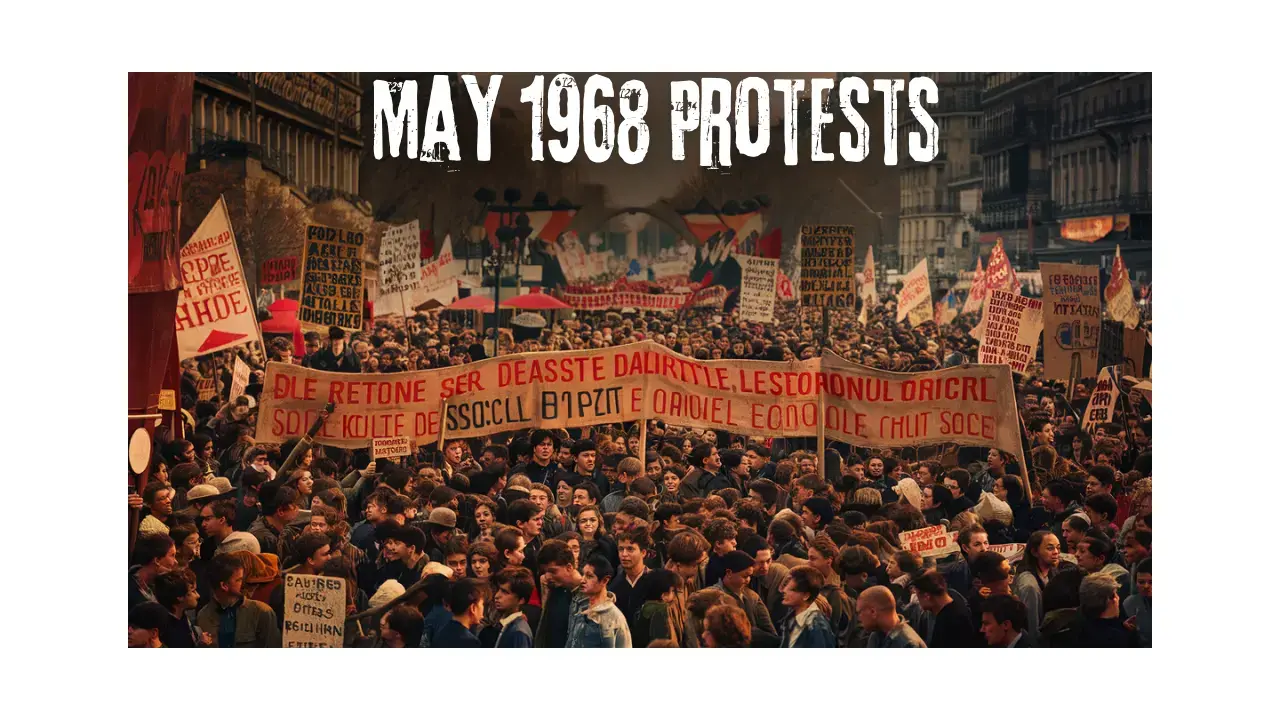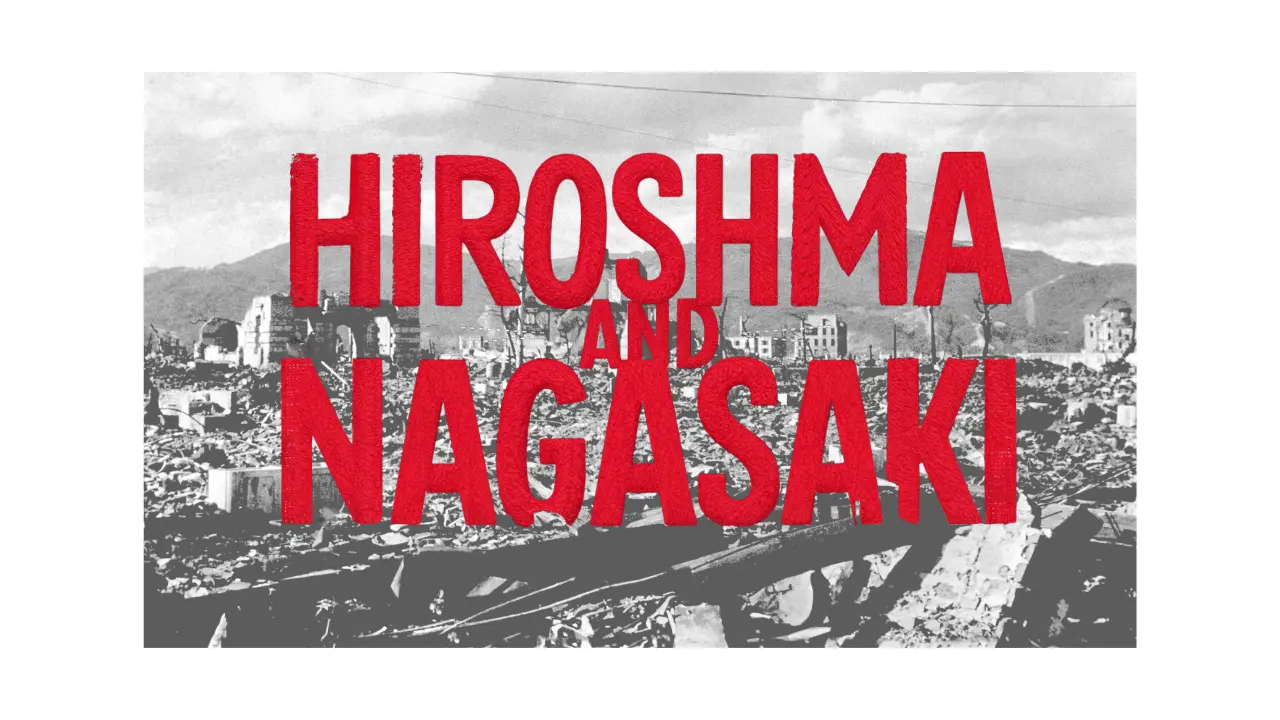Composing extensive social, political, and cultural upheaval, the May 1968 Protests demonstrations in France were a turning point in the nation’s history.
The Spark That Ignited a Nation
Originally a student-led campaign in a Paris neighborhood, what started out as a local movement rapidly turned into a national issue attacking the very core of French civilization. Deep-rooted complaints among the young, workers, and intellectuals expressed in the demonstrations finally had an effect on French politics and culture.
Student Grievances and Escalation
Students from the University of Paris’s Nanterre campus started the demonstrations unhappy with limits on dorm visits, lack of student representation, and what they saw as authoritarian government. Students moved their demonstrations to the Sorbonne when Nanterre University closed on May 2, 1968, which set off a series of events that would swallow the whole country. Thousands of students, professors, and others joined the streets on May 6 to protest severe police repression. A turning point in the rebellion, the “Night of the Barricades” on May 10–11 saw about 40,000 students building barricades and confronting police.
A nation in crisis
From student agitation to a more general social movement involving workers, the demonstrations changed quickly. A massive strike involving about 10 million people by mid-May had brought France to a stop. Factories were running nonstop, and the economy stopped dead. Originally reacting with force, President Charles de Gaulle’s government came to see the need for concessions. De Gaulle even left the nation momentarily to emphasize the gravity of the matter. The government’s answer included allowing student organizations and changing university administration, but the crisis had already exposed severe divisions in French society.
The Memory of May 1968 Protests
The May 1968 demonstrations had long-term as well as instantaneous effects. With de Gaulle’s government just recovering power, the crisis caused major social and financial disturbances in the near run. Still, May 1968 left a significant legacy going forward. The events helped the French left to become radicalized, new political movements to grow out of, and major labor legislation, educational, and social welfare changes to develop. Equally important was the cultural influence on art, literature, and music for next decades.
An Ongoing Impact on French Society
In France, the May 1968 demonstrations continue to be an emblem of opposition and transformation. Events of that turbulent month still inspire student activism, labor campaigns, and national cultural expression. The demonstrations succeeded in questioning the status quo and fundamentally changing French society even if they finally fell short of reaching all their revolutionary objectives. May 1968 reminds us of the force of group action and the ongoing fight for social justice.
#May1968Protests #FrenchRevolution #StudentUprising #ParisRiots #YouthMovement





